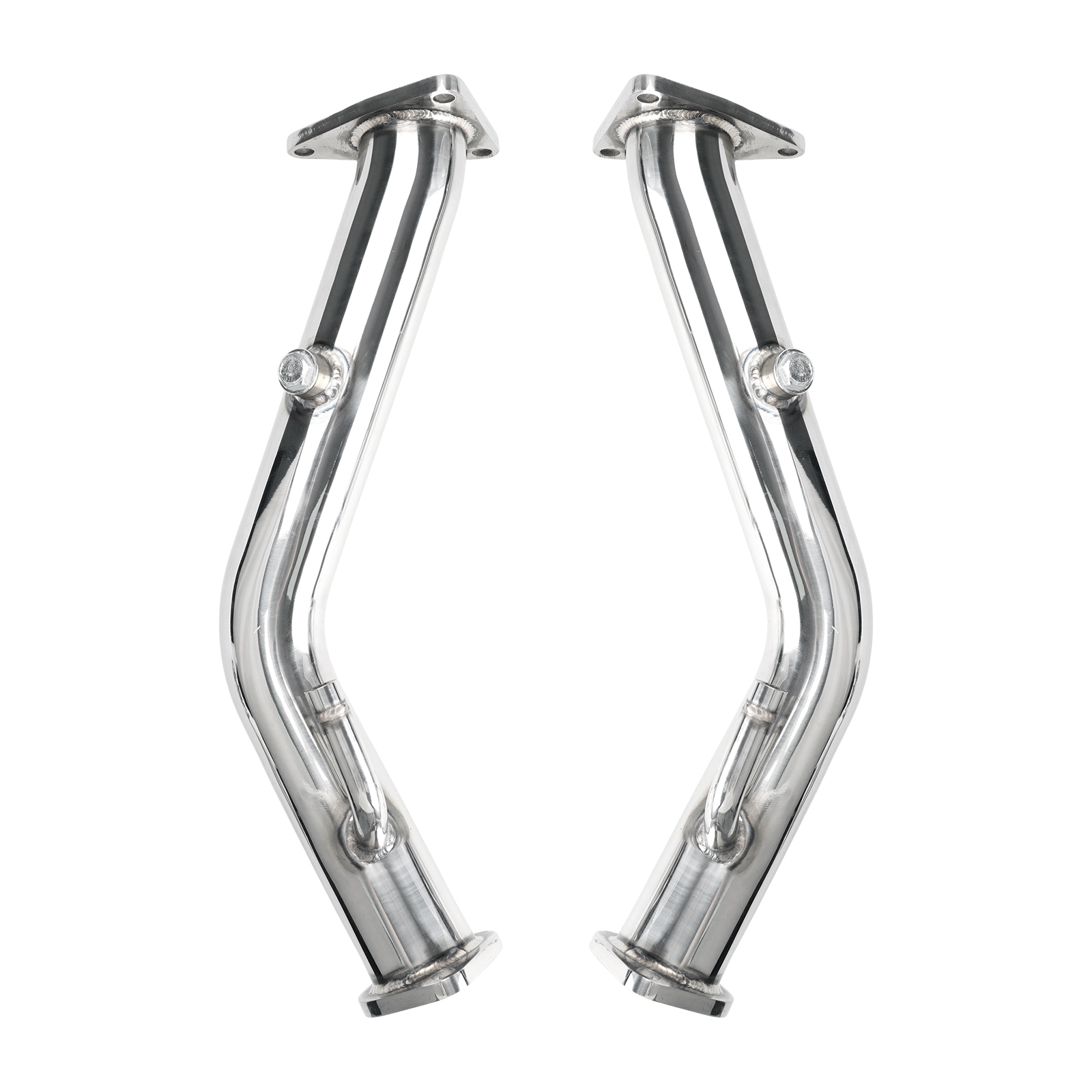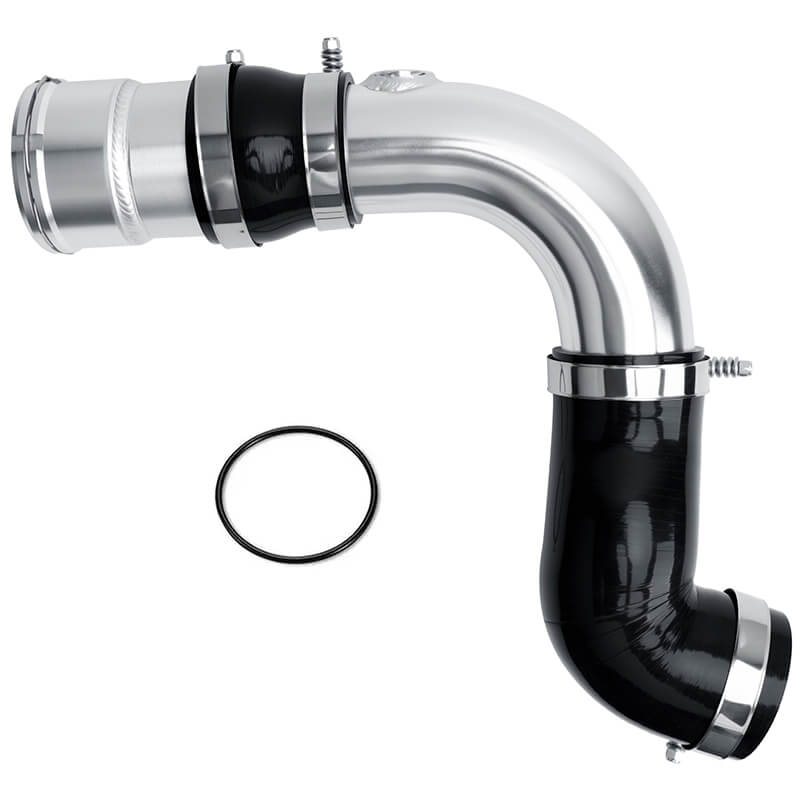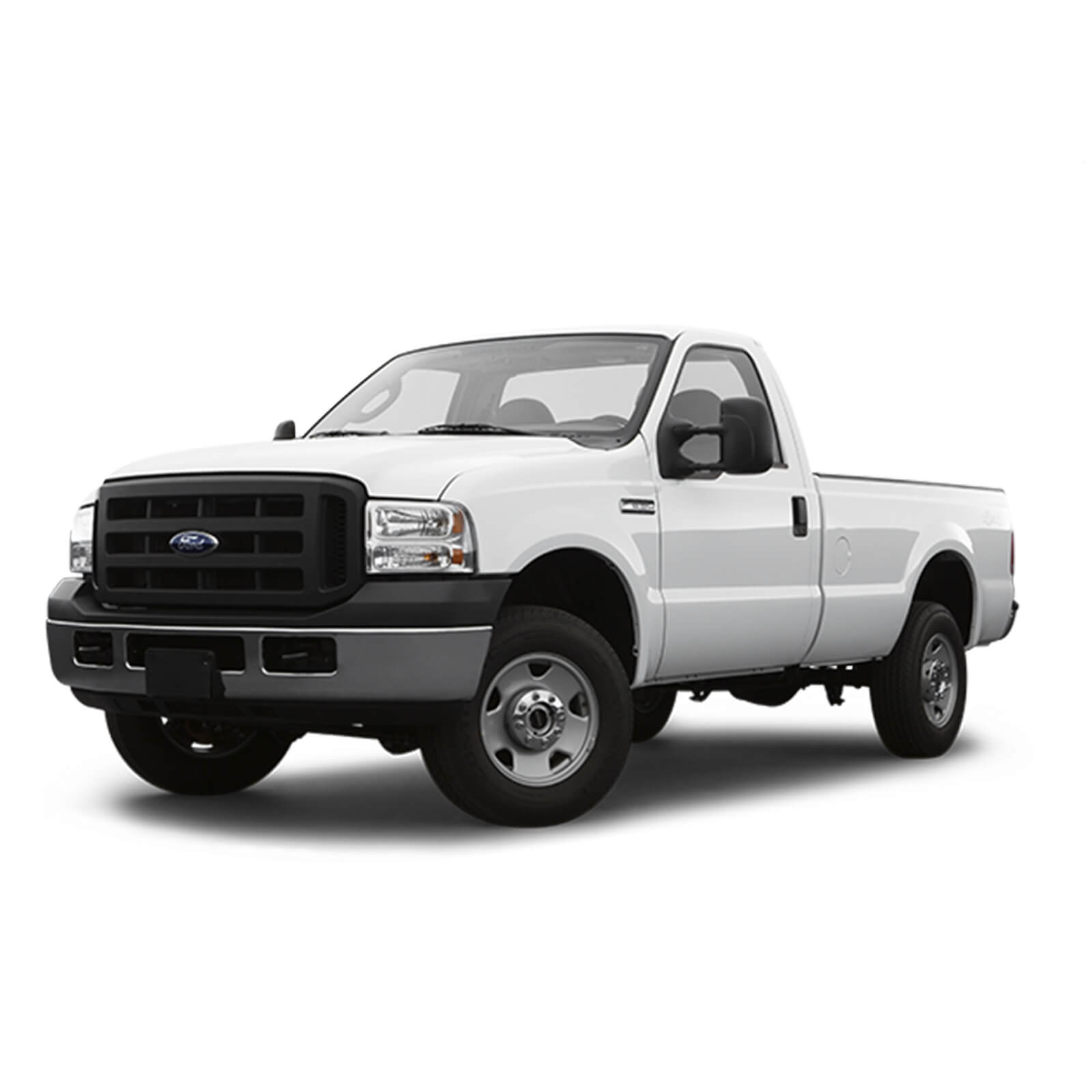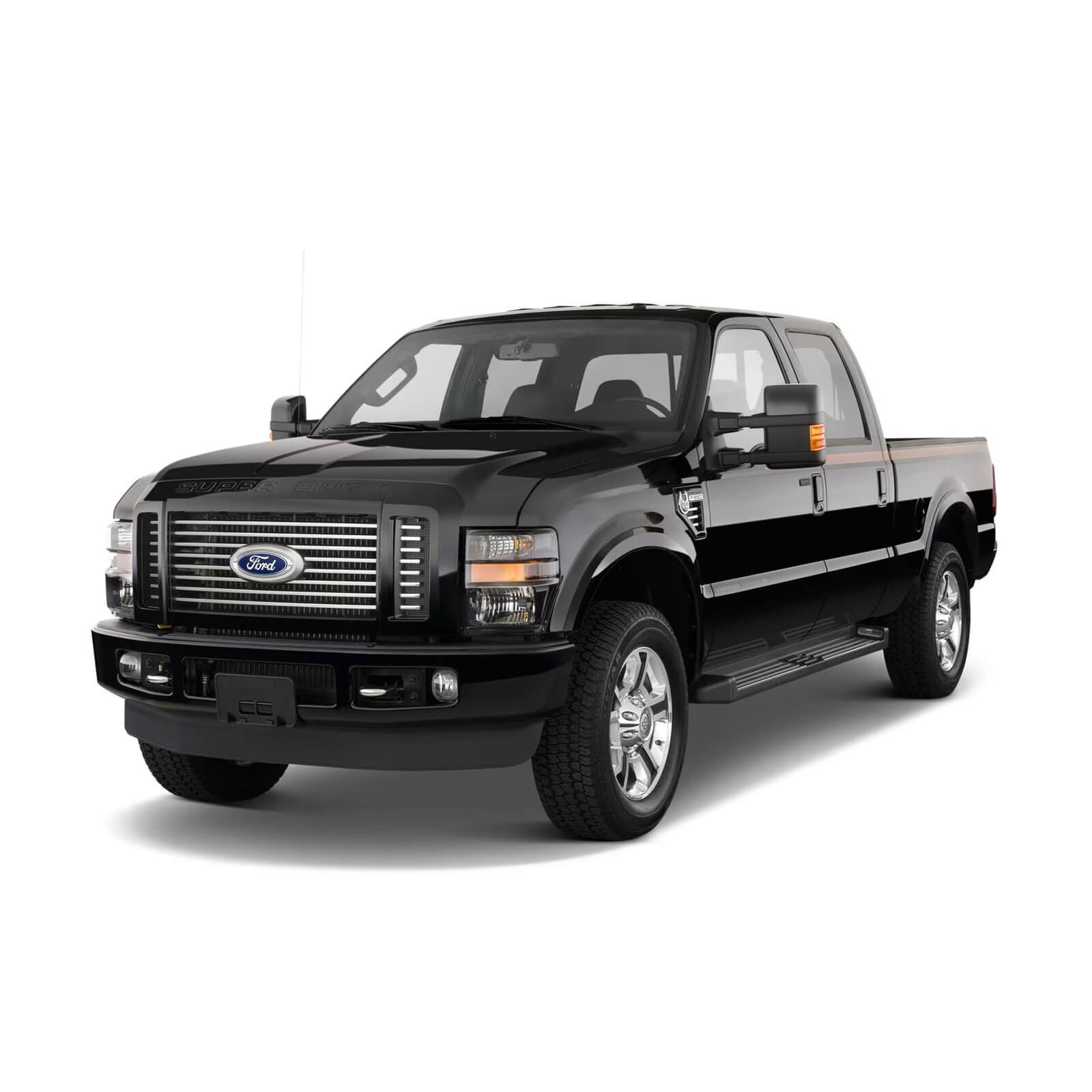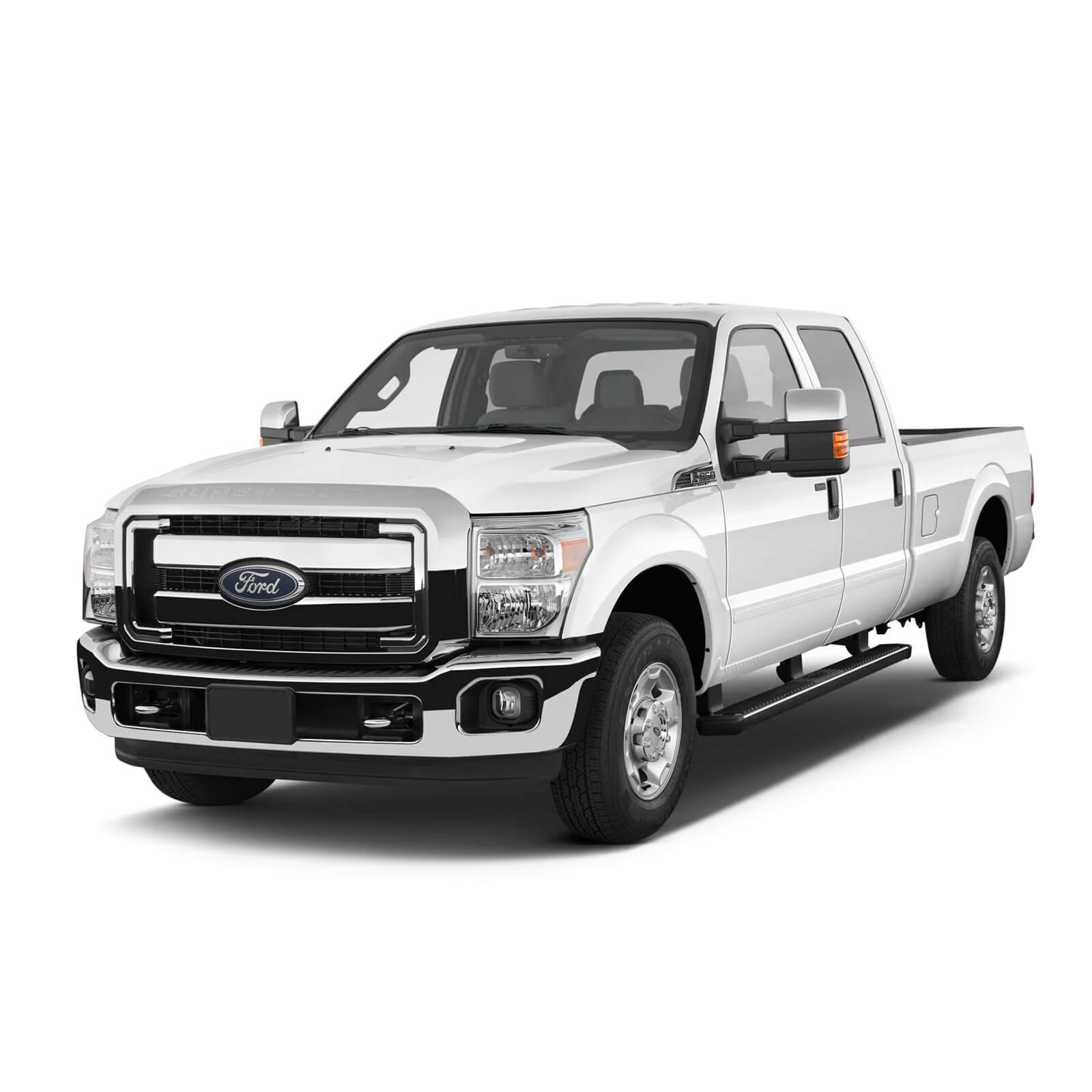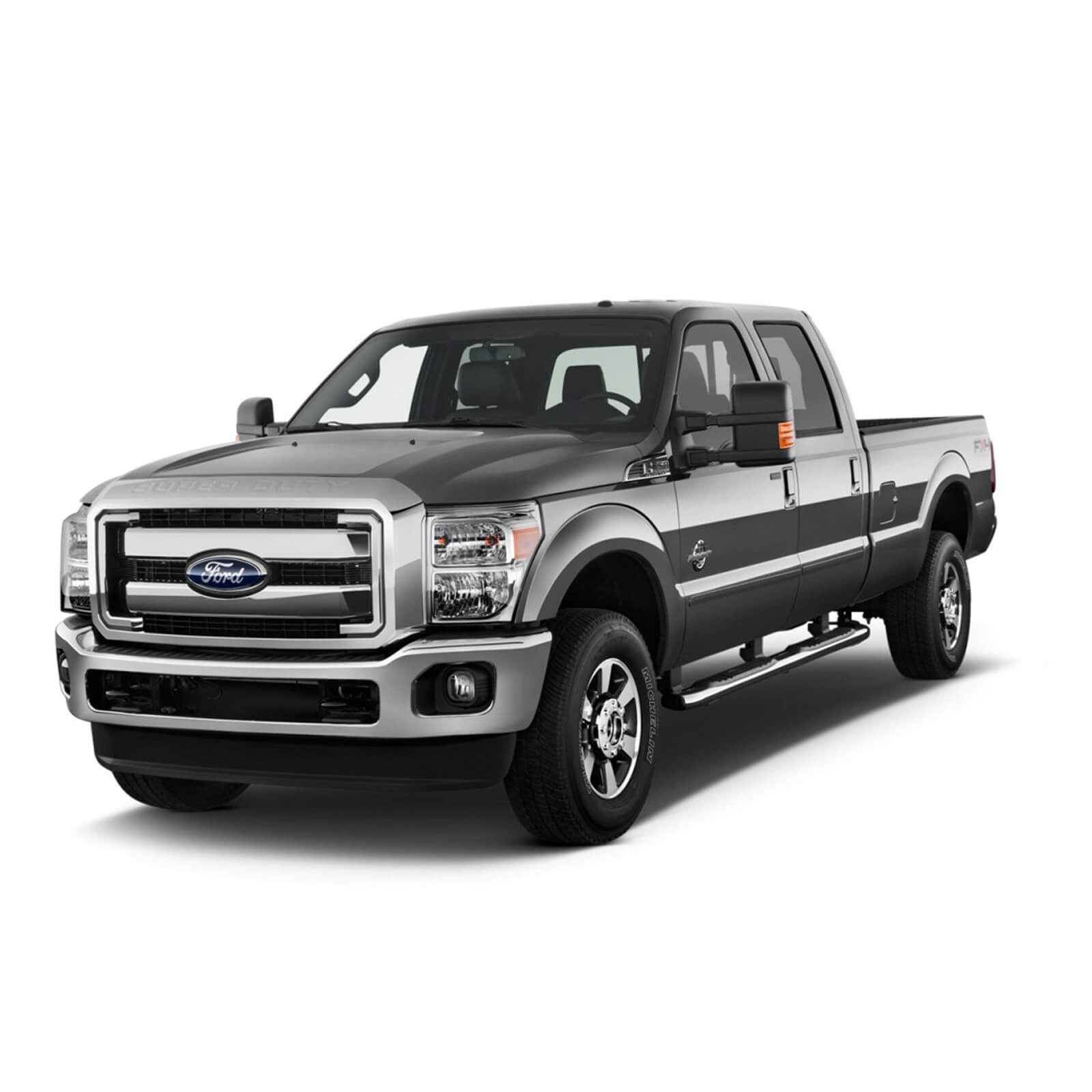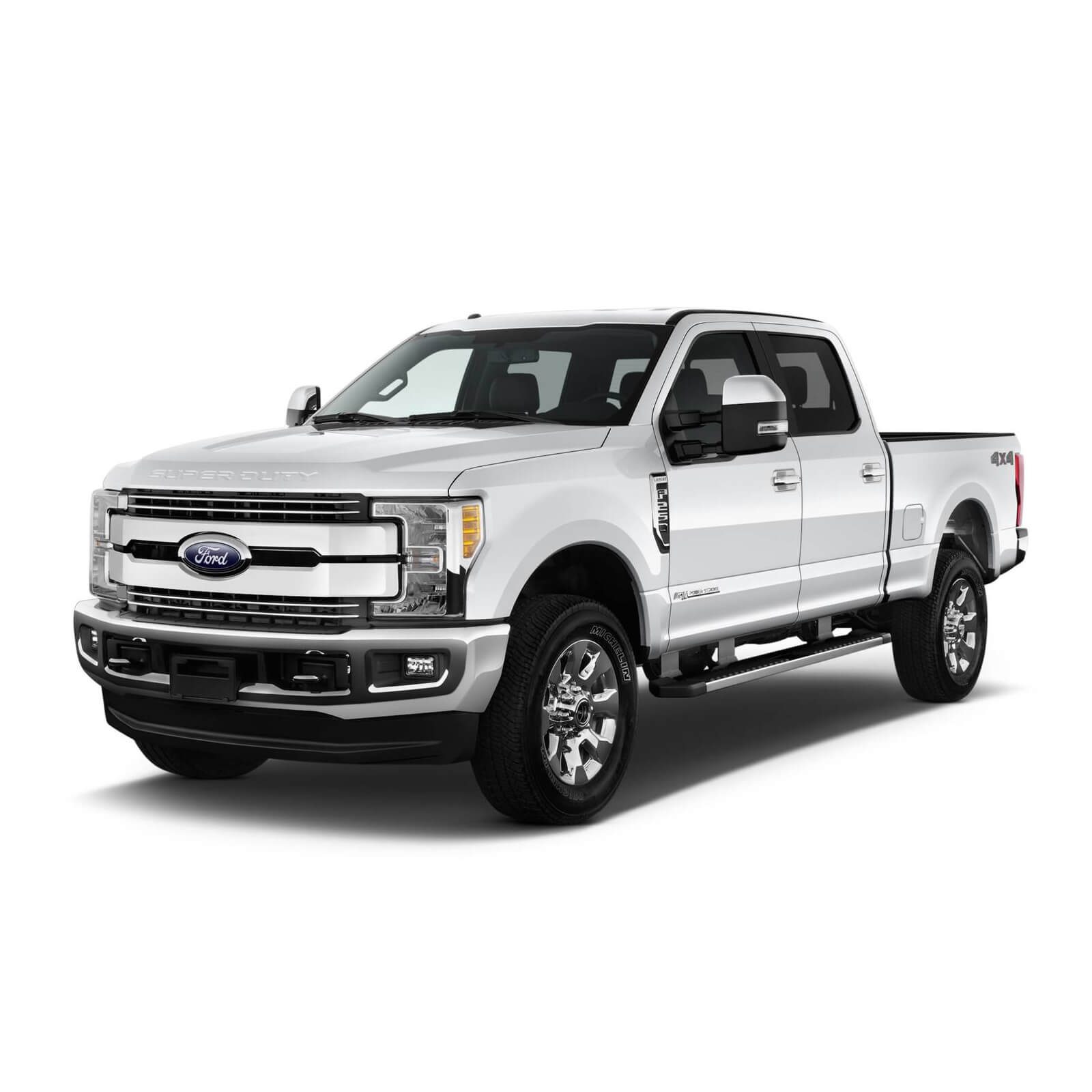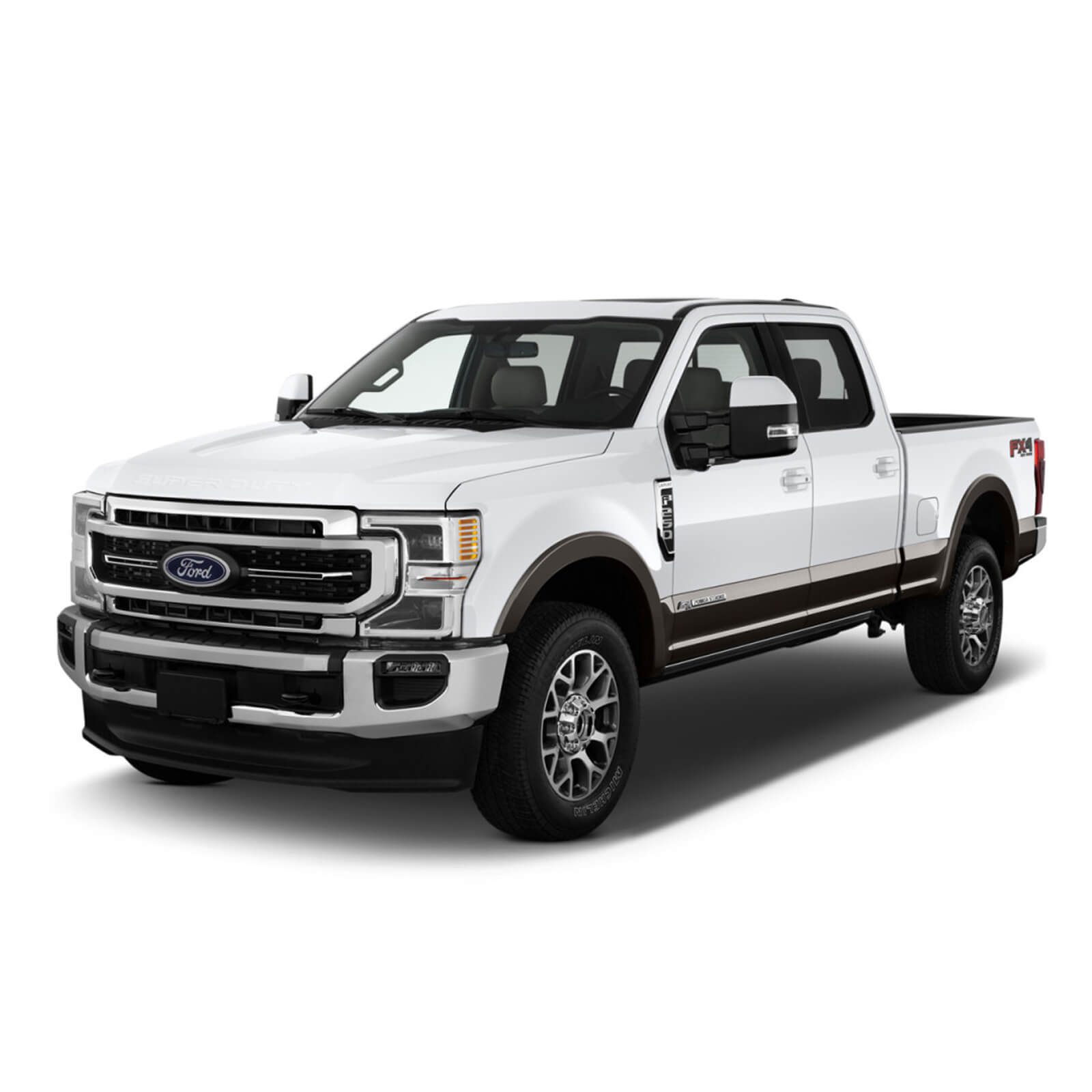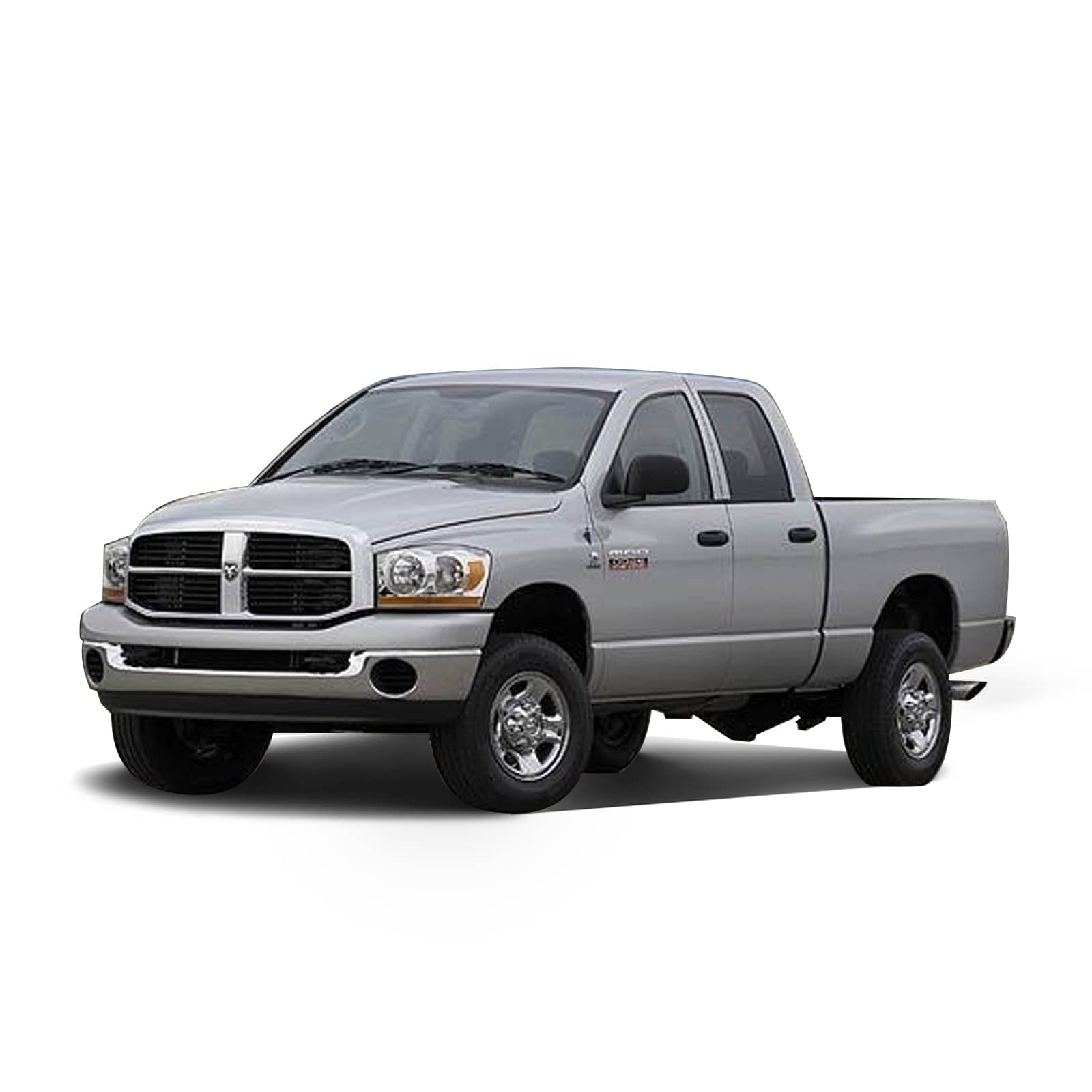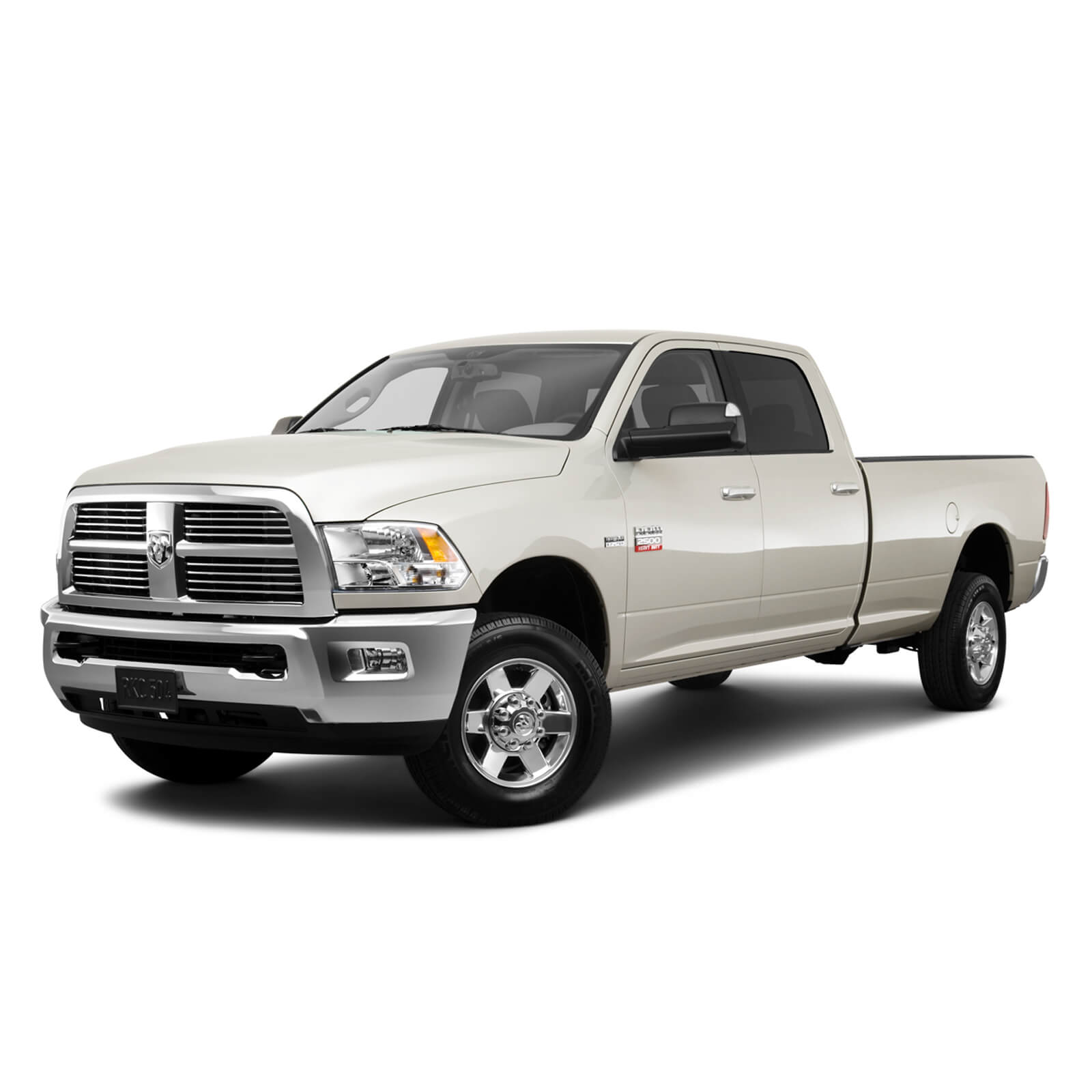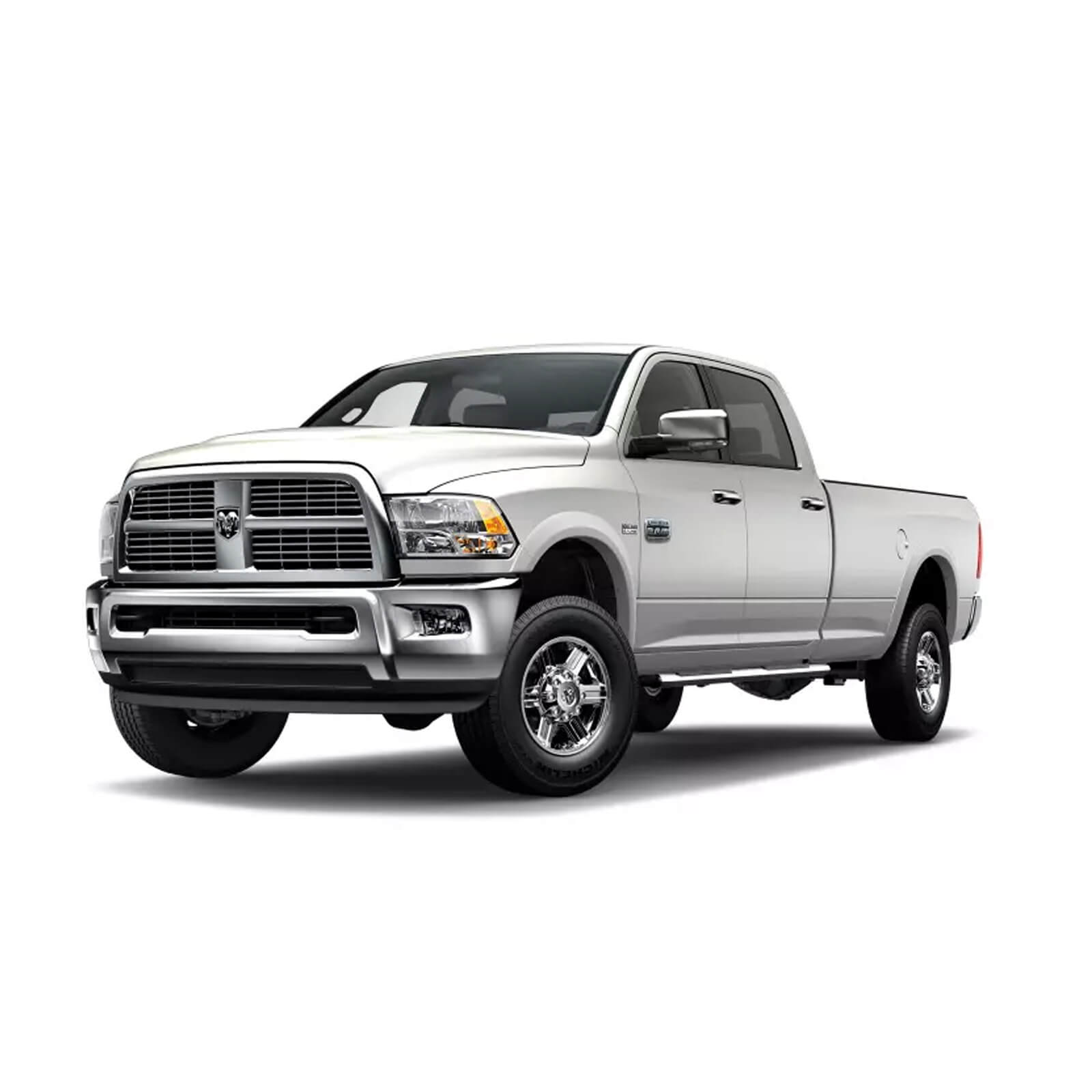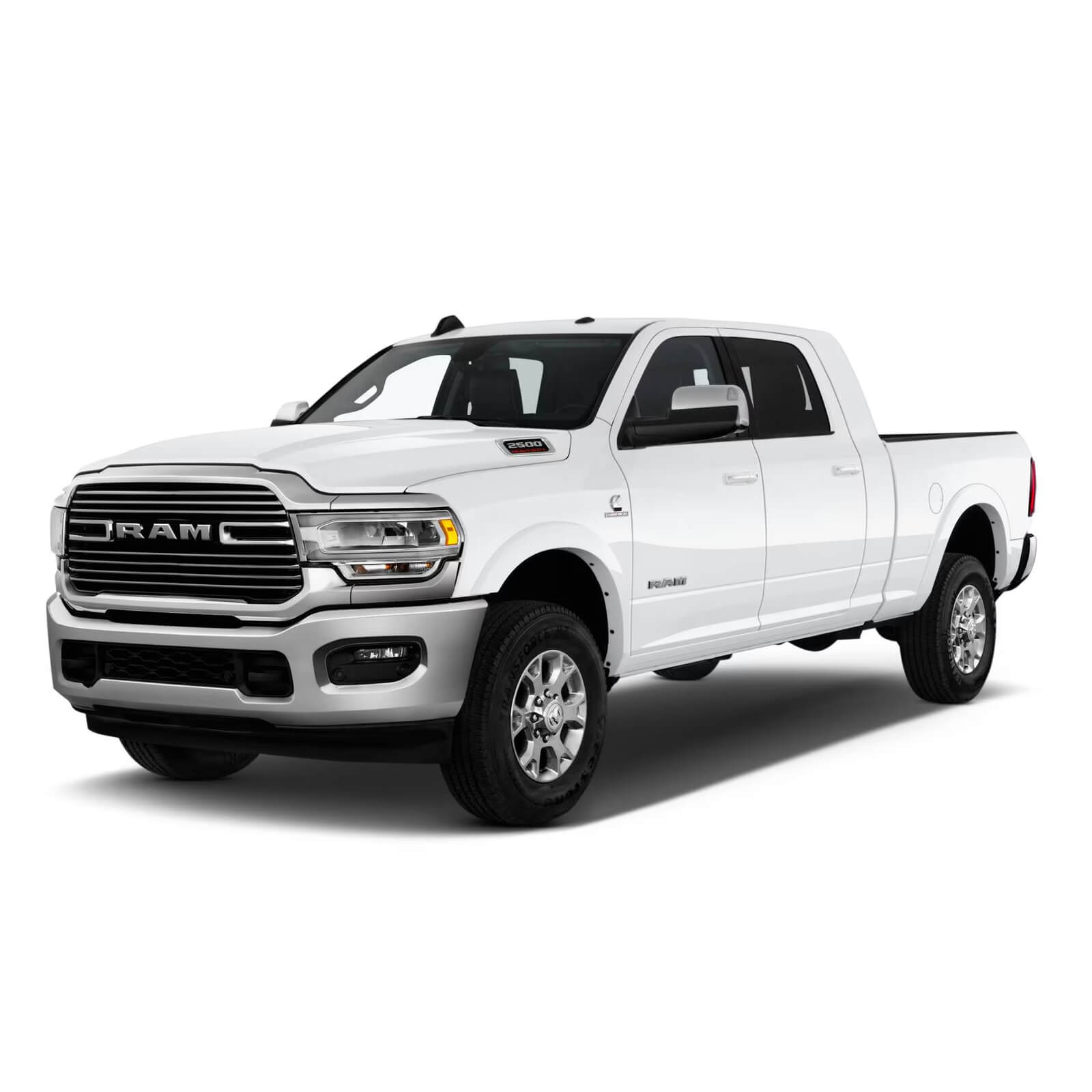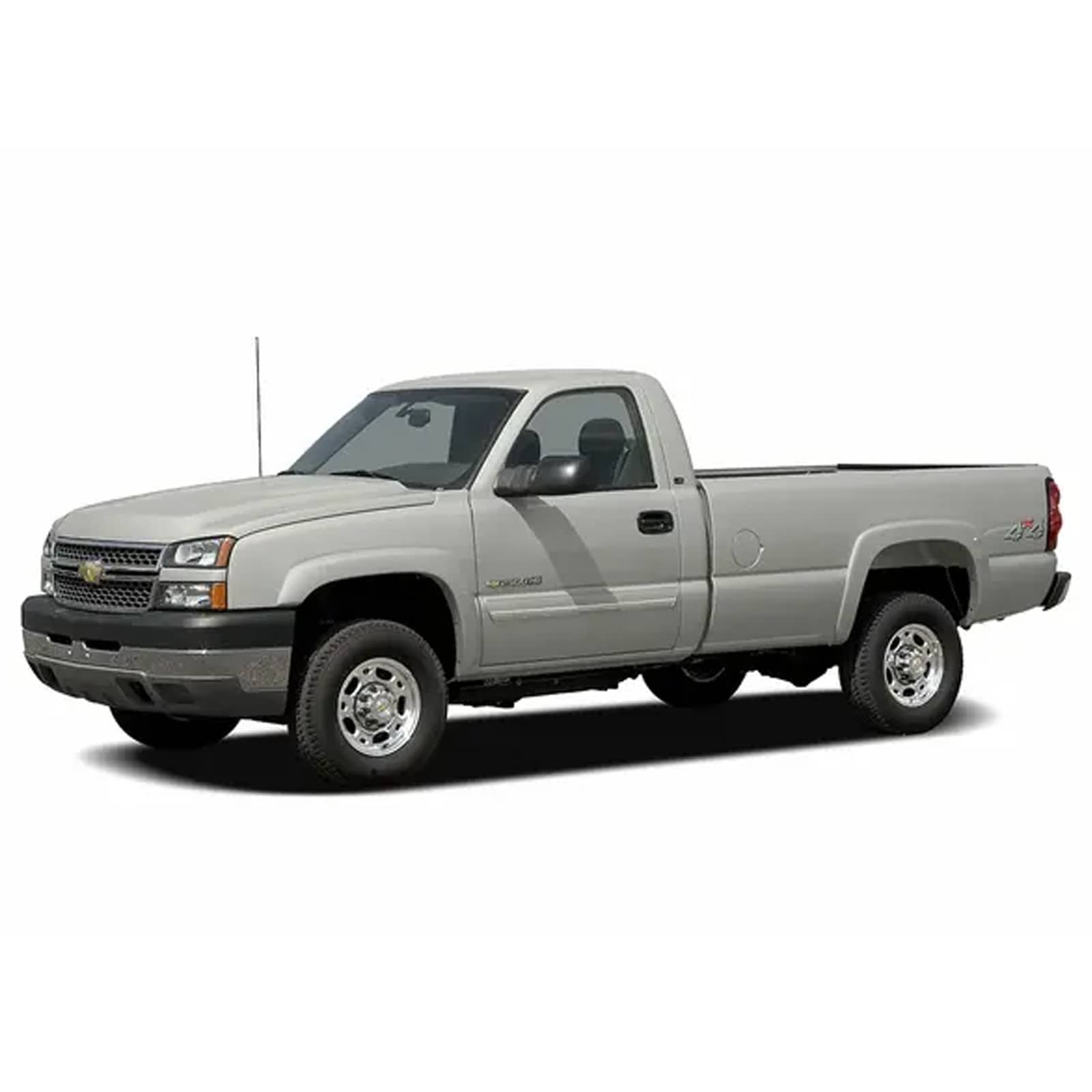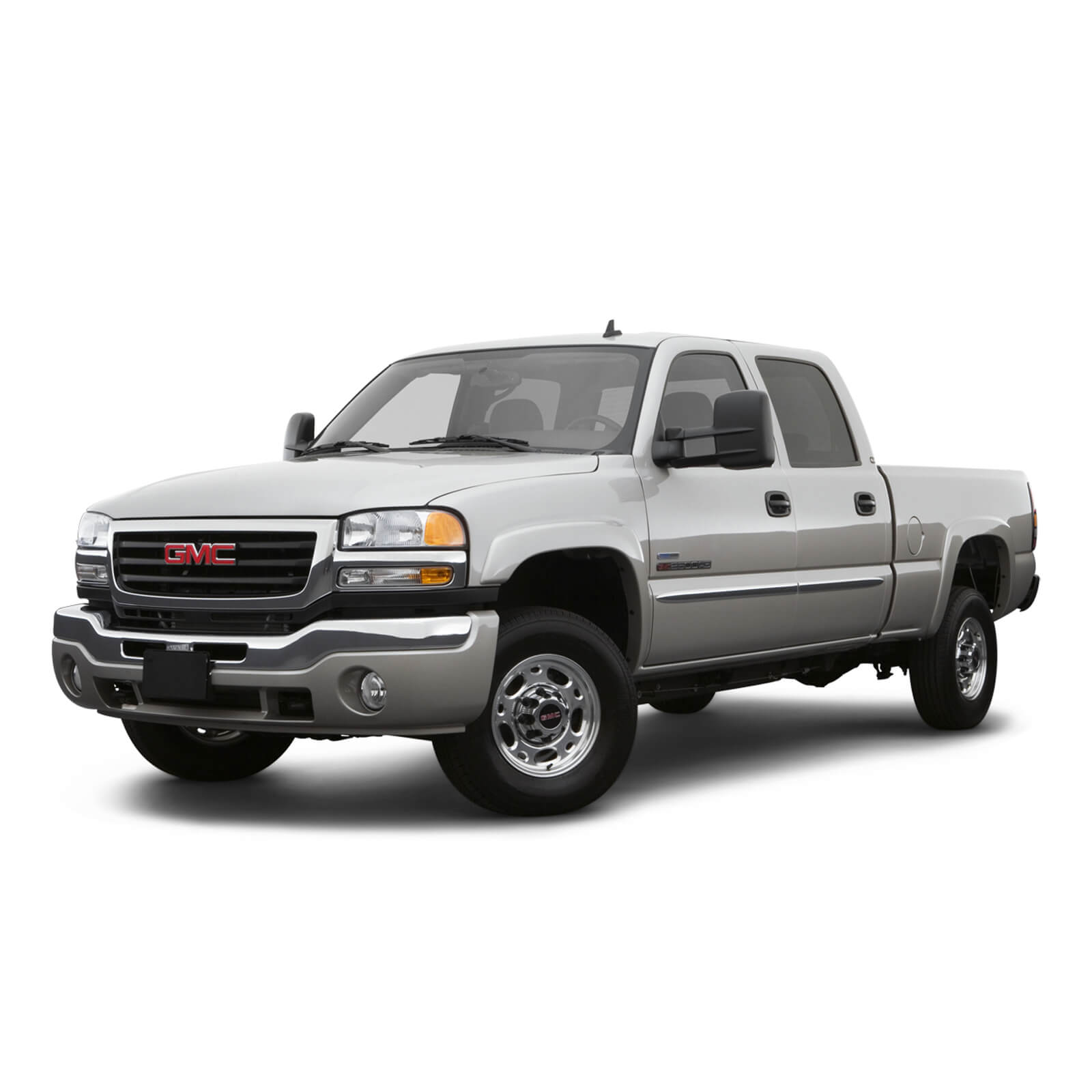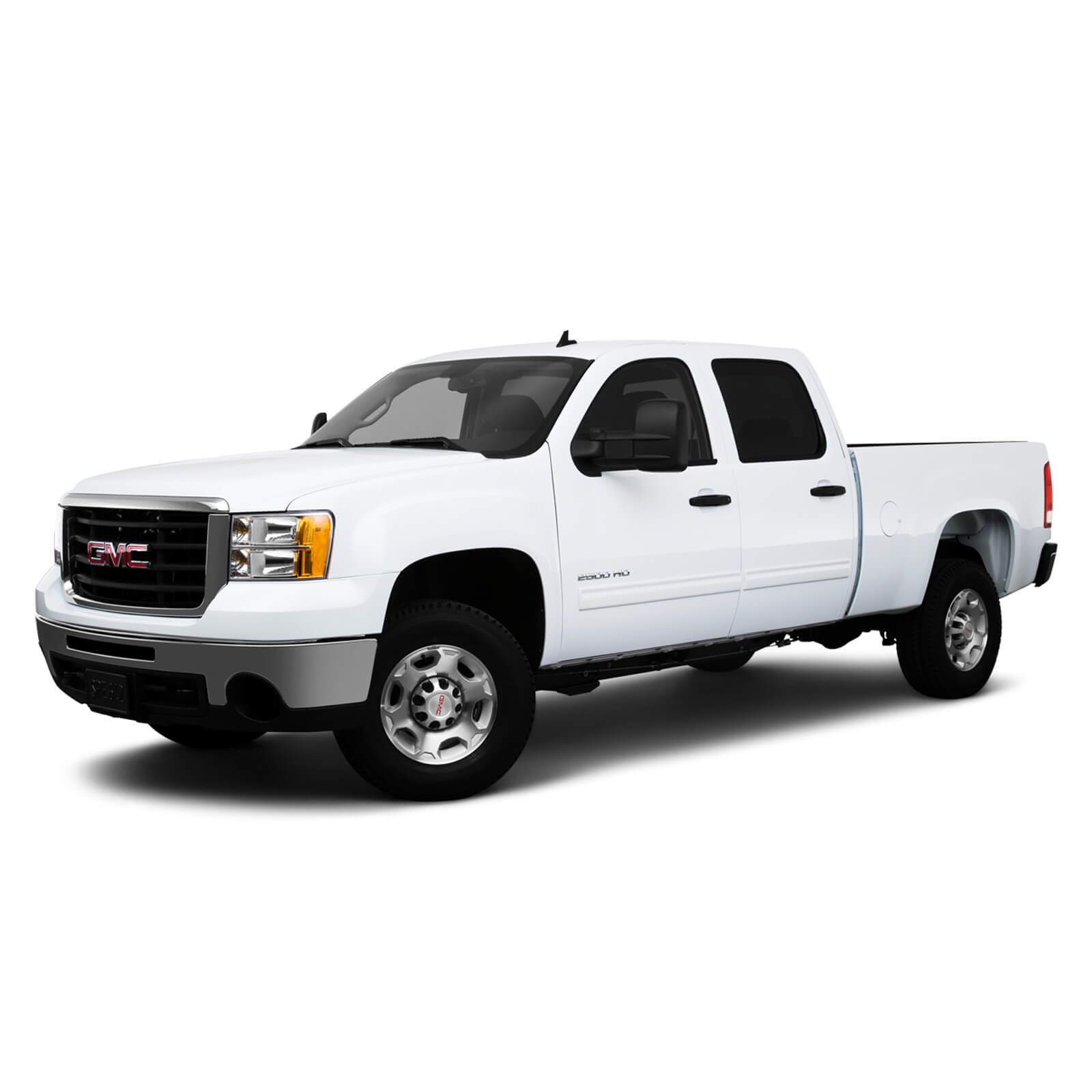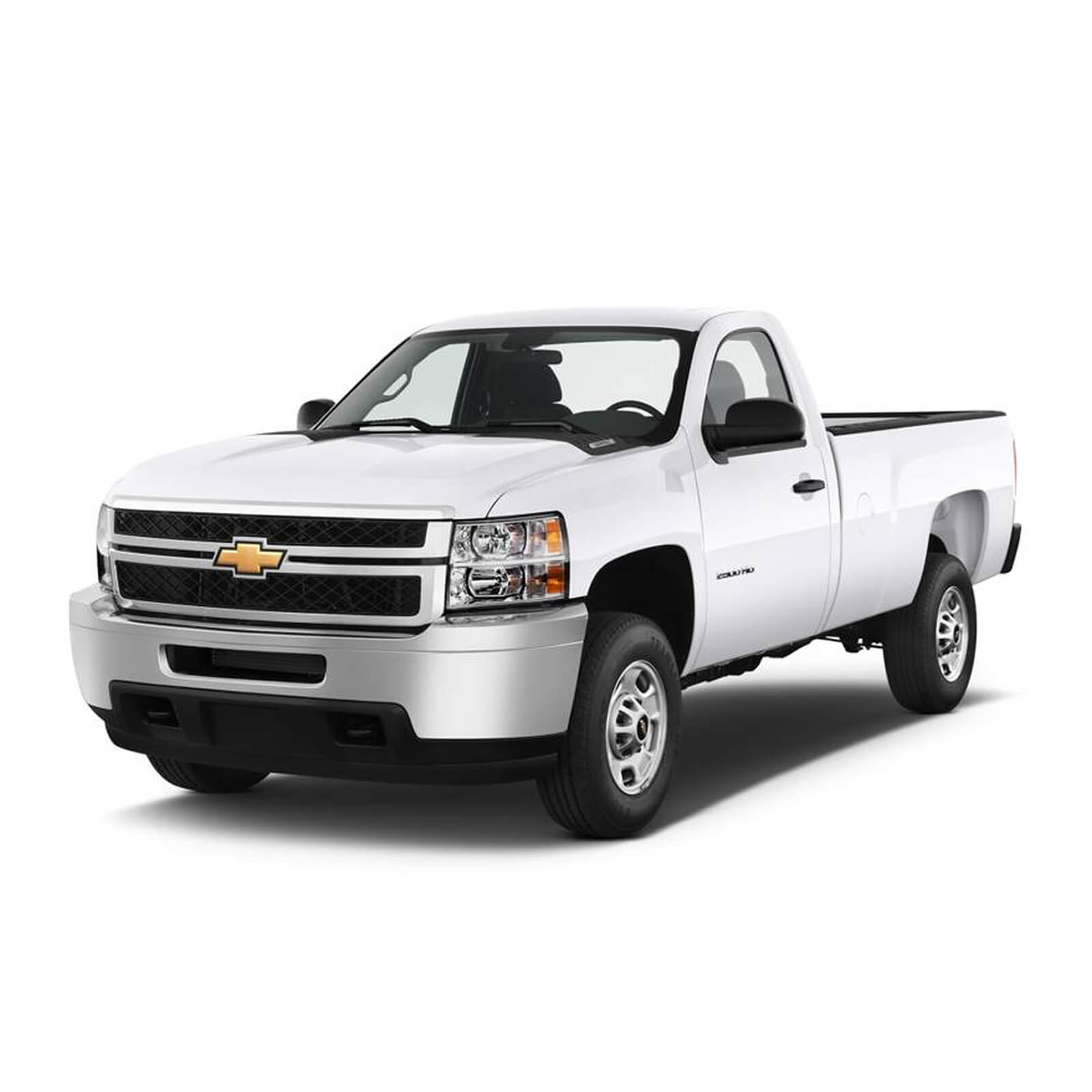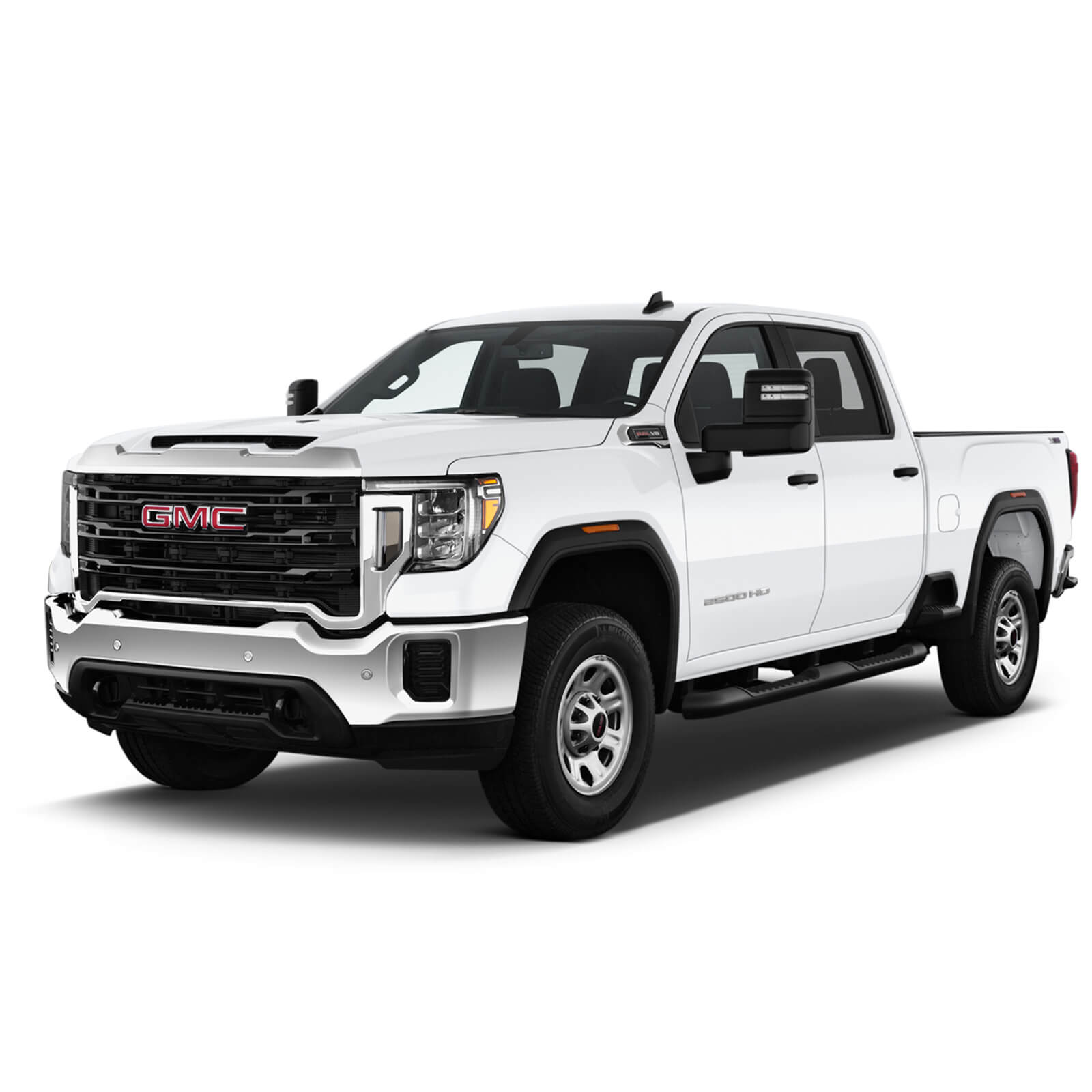Overview of the Ford Power Stroke Engine
Ford's Powerstroke diesel engine series is known for its advanced technology and strong performance, mainly used in Ford's full-size and heavy-duty trucks. Since its launch in 1994, the Power Stroke series has undergone several generations of upgrades; each generation has improved in power, efficiency, and reliability.
Generations of Ford Power Stroke Engines:
1. 7.3L V8 Powerstroke
The engine life of the 1994-2003 7.3L Powerstroke is > 250K miles, and it is called the "legendary engine" for its reliability and durability.
First Generation: 7.3L V8 Powerstroke (1994-1998): The first generation 7.3L Power Stroke engine debuted in 1994 and set new standards in the diesel truck industry with its innovative wastegate turbocharger, direct injection system using HUEI fuel injectors, and air-to-air intercooler. The engine was first used in Ford Super Duty trucks and quickly gained a reputation for performance and durability.
Second Generation: 7.3L V8 Powerstroke (1999-2003): The second-generation 7.3L Powerstroke engine was produced from 1999 to 2003 and featured significant improvements over the previous generation. This generation of engine included larger injectors, a new turbocharger, an electric lift pump, and an air-to-air intercooler, making it a favorite among diesel enthusiasts and scrap hunters.
Specification:
-
Manufacturer: Navistar
-
Horsepower: 275 hp
-
Torque: 525 lb-ft
Common problems and solutions:
-
Exhaust manifold leakage: Replace OE/modify manifold
-
Turbine upper pipe leakage: Replace OE/modify UP PIPE
-
Fuel pressure regulating valve: Replace OE parts
-
Fuel filter blockage: Replace OE parts/modify fuel filter kit
-
Engine overheating: Replace coolant/modify thermostat/modify and enlarge water tank
2. 6.0L V8 Powerstroke (2004-2007)
The 6.0L Powerstroke engine was introduced in 2003 and featured a host of new technologies, including a variable geometry turbocharger, an exhaust gas recirculation (EGR) system, and a second-generation fuel injection system. Despite these innovations, this engine is often remembered for its reliability issues.
Common problems and solutions:
-
Cylinder gasket leakage: Replace the cylinder gasket (disposable parts)
-
Cylinder head cracking: Replace the cylinder head screws (it is recommended to do 1 and 2 at the same time)
-
Carbon deposits on the turbine blades cause the blades to stick: Disassemble and clean/replace
-
Auxiliary water bottle cracked: Replace OE/modified parts
-
Oil cooler blockage: Clean/replace
-
EGR system failure: Repair/EGR removal kit
Check more modifications: 6.0L Powerstroke Delete Kit & Exhaust Header
Specification:
-
Manufacturer: Navistar
-
Horsepower: 325 hp
-
Torque: 570 lb-ft
3. 6.4L V8 Powerstroke (2008-2010)
Ford's 2008 6.4L Powerstroke engine is based on the Navistar MaxxForce 7 and is designed to be cleaner, quieter, and more powerful than its 6.0L predecessor. Due to stricter environmental regulations, key innovations such as the Diesel Particulate Filter (DPF) were also adopted in order to meet EPA Tier 2 standards.
Specification:
-
Regulations: EPA Tier 2
-
Manufacturer: Navistar
-
Horsepower: 350 hp
-
Torque: 650 lb-ft
Common problems and solutions:
-
Radiator leakage: Replace radiator
-
Poor fuel economy: (Cause: DPF regeneration requires fuel injection) DPF delete
-
Increased oil dilution: DPF delete kit
-
Exhaust upper pipe rupture: Replace OE/Modify UP PIPE
-
Piston rupture: (Insufficient design strength) Replace
-
EGR cooler blockage: Cooling water filter/Replace new cooler/EGR delete kit
-
DPF failure: blockage, leakage, sensor failure Repair/Replace/DPF delete kit
Check more modifications: 6.4L Powerstroke Delete Kit & Exhaust Header
4. 6.7L V8 Powerstroke
First Generation: 6.7L V8 Powerstroke (2011-2016): The first generation 6.7L Power Stroke engine launched in 2011 marked a major change in Ford diesel engine technology. The engine uses a dense graphite cast iron cylinder block, a high-pressure common rail fuel injection system and a single-stage sequential turbocharger, setting a new benchmark in power and efficiency. Even so, some problems may occur; common problems are:
-
EGR cooler carbon deposits: clean the EGR regularly or directly replace the EGR removal kit;
-
NOX sensor failure: replace the sensor, replace the DPF removal kit;
-
Manifold rupture: replace the original/modified parts; it is recommended to modify the intake manifold
Specification:
-
Regulation: EPA Tier 2
-
Manufacturer: Ford
-
Horsepower: 390 hp
-
Torque: 735 lb-ft
Second Generation: 6.7L V8 Powerstroke (2017-2019): The second-generation 6.7L Power Stroke engine was produced from 2017 to 2019 and was a significant improvement over the first-generation engine. These improvements addressed many of the early issues, making it a more reliable and powerful choice for heavy-duty truck owners.
Specification:
-
Regulations: EPA Tier 3
-
Horsepower: 440
-
Torque: 925
Third Generation: 6.7L Powerstroke (2020-Present): The third-generation 6.7L Power Stroke engine, introduced in 2020 and still in use today, represents the pinnacle of Ford diesel engine technology. Available in 2023 Ford trucks, the engine delivers up to 500 horsepower and 1,200 lb-ft of torque in high-output configuration, solidifying its position as a leader in the heavy-duty truck market.
Specification:
-
Regulations: EPA Tier 4
-
Horsepower: 475
-
Torque: 1050
Check more modifications: 6.7L Powerstroke Delete Kit & Exhaust Header
Benefits of Installing a Ford Powerstroke Delete Pipe
Increased Horsepower and Torque: By removing restrictive factory components, your engine is able to deliver more power, allowing you to tackle the toughest tasks with ease.
Improved Fuel Economy: With less restriction in the exhaust system, the engine runs more efficiently, resulting in improved fuel economy and long-term cost savings.
Extended Engine Life: Removing the DPF and EGR system reduces the load on the engine, extending its life and minimizing maintenance costs.
Powerful Sound: Experience the powerful roar of a true high-performance exhaust system that will turn heads wherever you go.
Increased Durability: Stainless steel or aluminum-plated options resist rust and last longer than factory exhaust systems.
Why Choose SuncentAuto for Your Ford Powerstroke Delete Pipe?
At SuncentAuto, we understand the importance of quality and performance when it comes to your truck. That's why we offer top-of-the-line DPF & CAT delete pipes, EGR delete kits, PCV/CCV reroute delete kits and manifold headers specifically designed for Ford Powerstroke exhaust systems. Our delete pipes are crafted from premium materials to ensure durability and long-lasting performance.
We believe that performance upgrades should be accessible to all truck enthusiasts. That's why we offer competitive pricing on all of our Ford Powerstroke Delete Pipes without compromising on quality. We also offer free shipping on all orders.
Don't settle for a restricted engine - unleash your Ford Powerstroke's true potential with a delete pipe from SuncentAuto. Order yours today and experience the difference in power, efficiency, and sound.





















